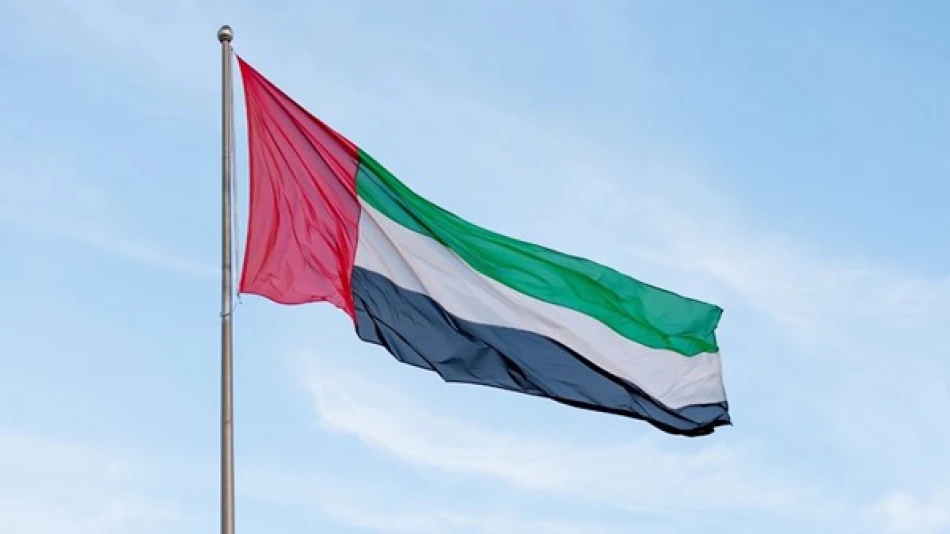
UAE Condemns Terrorist Attack on Church in Congo, Calls for Global Unity Against Extremism
UAE Condemns Church Attack in Democratic Republic of Congo as Regional Security Concerns Mount
The United Arab Emirates has issued a strong condemnation of a terrorist attack targeting a church in eastern Democratic Republic of Congo that killed several innocent civilians, highlighting growing international concern over escalating violence in one of Africa's most unstable regions. The UAE's swift diplomatic response underscores the broader implications of religious extremism spreading across Central Africa's mineral-rich but conflict-torn territories.
UAE's Diplomatic Response Reflects Strategic Interests
The UAE Ministry of Foreign Affairs released a statement expressing the nation's "categorical rejection of all forms of violence and terrorism aimed at undermining security and stability." The ministry extended condolences to the victims' families and the Congolese government, referring to the DRC as a "friendly nation" – a diplomatic designation that reflects the UAE's expanding influence across Africa.
This condemnation aligns with the UAE's broader foreign policy strategy of positioning itself as a stabilizing force in regions plagued by extremism, from the Horn of Africa to the Sahel. The Emirates has increasingly leveraged diplomatic soft power alongside economic investments to build influence in strategically important African nations.
Eastern Congo: A Persistent Security Crisis
Decades of Instability
Eastern Democratic Republic of Congo has remained one of the world's most dangerous regions for over two decades, with more than 120 armed groups operating in the area. The region's vast mineral wealth – including cobalt, gold, and coltan essential for global technology supply chains – has fueled persistent conflict while providing limited benefit to local populations.
Religious sites have become increasingly targeted by extremist groups, particularly the Allied Democratic Forces (ADF), which has pledged allegiance to ISIS and has been responsible for numerous attacks on churches, schools, and civilian populations since 2019.
International Stakes
The UAE's condemnation reflects growing international concern about the spillover effects of instability in the DRC. The country's strategic location in Central Africa, combined with its mineral resources critical to global supply chains, makes regional stability a priority for international partners seeking to counter both extremist influence and economic disruption.
Broader Implications for Regional Security
The attack comes as international observers warn of increasing coordination between extremist groups across the Sahel and Central Africa. Unlike more established counterterrorism operations in West Africa, the DRC's eastern regions remain largely beyond effective government control, creating safe havens for armed groups to operate with impunity.
The UAE's response also signals its commitment to protecting Christian minorities in Muslim-majority or religiously diverse regions – a stance that has become central to its international positioning as a moderate, tolerant nation. This approach contrasts with other Gulf states and has helped the Emirates build stronger relationships with Western allies and African governments alike.
For international investors and governments with interests in Central Africa's mining sector, continued instability in eastern Congo represents both a humanitarian crisis and an economic risk that could disrupt critical supply chains for years to come.
Most Viewed News

 Layla Al Mansoori
Layla Al Mansoori






